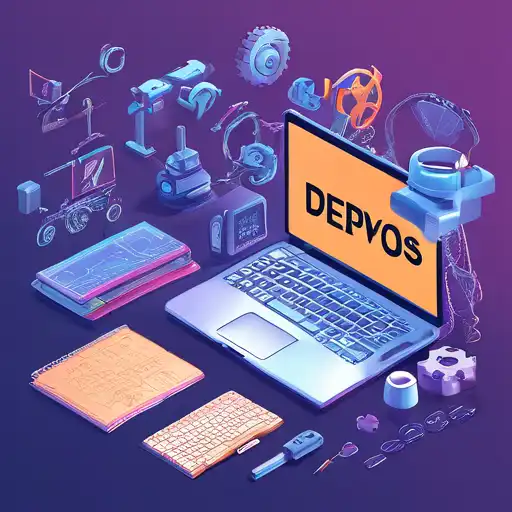Introduction to DevOps in 2023
As we step into 2023, the DevOps landscape continues to evolve, bringing forward tools that promise to streamline development and operations processes more than ever before. This guide highlights the essential DevOps tools you need to know to stay ahead in the game.
1. Continuous Integration and Continuous Deployment (CI/CD) Tools
CI/CD pipelines are the backbone of DevOps practices. Tools like Jenkins, GitLab CI/CD, and CircleCI have dominated the scene, offering automation for testing and deployment processes. These tools help in reducing manual errors and accelerating the delivery of software products.
2. Infrastructure as Code (IaC) Tools
IaC tools such as Terraform and Ansible allow teams to manage infrastructure through code, making it easier to provision and manage servers, databases, and networks. This not only improves efficiency but also ensures consistency across environments.
3. Containerization and Orchestration Tools
With the rise of microservices, containerization tools like Docker and orchestration platforms such as Kubernetes have become indispensable. They enable developers to package applications into containers, ensuring they run smoothly across different computing environments.
4. Monitoring and Logging Tools
Effective monitoring and logging are crucial for maintaining the health of applications and infrastructure. Tools like Prometheus for monitoring and ELK Stack (Elasticsearch, Logstash, Kibana) for logging provide real-time insights into system performance and help in quick troubleshooting.
5. Version Control Systems
Version control is a critical aspect of DevOps, and Git remains the most widely used system. Platforms like GitHub and Bitbucket offer collaborative features that enhance team productivity and code quality.
6. Cloud Platforms
Cloud platforms such as AWS, Azure, and Google Cloud provide a range of services that support DevOps practices, from computing resources to AI and machine learning tools. Leveraging these platforms can significantly reduce operational costs and improve scalability.
Conclusion
The DevOps tools landscape in 2023 is rich and varied, offering solutions for every aspect of the software development lifecycle. By integrating these tools into your workflows, you can achieve greater efficiency, reliability, and speed in your projects. Stay updated with the latest trends and continuously evaluate new tools to keep your DevOps practices at the cutting edge.
